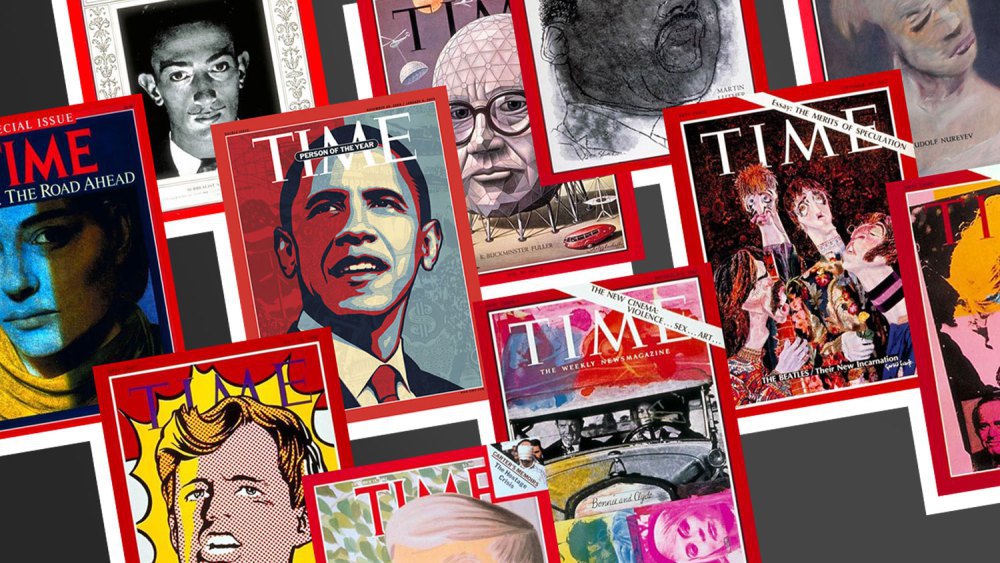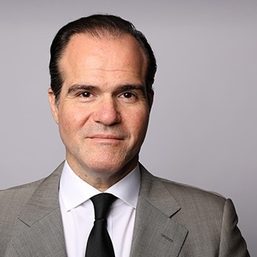SUMMARY
This is AI generated summarization, which may have errors. For context, always refer to the full article.

NEW YORK, USA (UPDATE) – Time Warner announced Wednesday, March 6, it would spin off its publishing arm Time Inc. by the end of the year, allowing the US conglomerate to focus on its television and film operations.
Chief executive Jeff Bewkes said in a statement that a spinoff “provides strategic clarity” for the media-entertainment giant.
The announcement comes after unsuccessful talks to sell some of the titles in the Time Inc. group, and as rival News Corp. is undergoing a similar split of its entertainment and publishing operations.
Time Warner said its board had authorized management “to proceed with plans for the complete legal and structural separation of Time Inc. from Time Warner” which would make the publishing unit a “an independent, publicly traded company.”
The company publishes 21 US magazines, including its flagship Time magazine, People, Fortune and Sports Illustrated. It has 25 websites and several international magazines including global editions of Time and Fortune and publishing operations in Britain and Mexico.
Bewkes said that “after a thorough review of options, we believe that a separation will better position both Time Warner and Time Inc.”
He added that “a complete spin-off of Time Inc. provides strategic clarity for Time Warner Inc., enabling us to focus entirely on our television networks and film and TV production businesses, and improves our growth profile.”
Time Inc., he said, will also benefit “from the flexibility and focus of being a stand-alone public company and will now be able to attract a more natural stockholder base.”
Time Inc. chief executive Laura Lang has agreed to remain in the job until after a successor has been identified, the company said.
“Laura indicated to me that we should find a different kind of CEO for this new public company, and I respect her decision,” Bewkes said.
“She has been a great partner who has given Time Inc. forward momentum to make this transition possible, and I look forward to working with her to select the right leader to head the company as an independent entity.”
Meredith, the Iowa-based publisher of Family Circle, said in a separate statement it held talks with Time-Warner on its “lifestyle and entertainment” magazines that failed to produce a deal.
“We respect Time Warner’s decision and certainly remain open to continuing a dialogue on how our companies might work together on future opportunities,” Meredith chairman Stephen Lacy said.
The breakup of Time-Warner will mark a further unraveling of what had been one of the country’s large corporate empires.
The group’s heritage dates back to the founding of Warner Bros studios in 1918 and Time magazine in 1923. The two groups completed a merger in 1990, and a decade later Time Warner was acquired by the Internet firm AOL.
The AOL deal, which was based on the inflated share price of then-America Online, turned out to be a disaster and the unit was separated in 2009.
The publishing industry is grappling with a steep drop in print advertising revenue, steadily declining circulation and the migration of readers to free news online.
And Time magazine’s chief rival Newsweek last year ended its run in print, going all-digital in a partnership with the Daily Beast website.
The split “strongly parallels what News Corp. is doing,” said Ken Doctor, a media analyst at the research firm Outsell.
Rupert Murdoch’s News Corp., a key rival to Time-Warner, has announced plans to split off its publishing arm and create two separate companies. That will produce one firm with declining newspaper assets, another with fast-growing film and television operations.
“What they are saying is that the print business, which is going digital, has a long slog,” Doctor told AFP.
“It is going to be a low-profit business in a transitional period of three to five years and investors do not want it to be a drag on the go-go assets. Before 2013 you could say that they all fit together because they were media, but now there is a realization that print-based properties have a rough transition.” – Rappler.com
Add a comment
How does this make you feel?


![[WATCH] Try This: Empanada Salteña from Argentina](https://www.rappler.com/tachyon/2023/04/try-this-empanada-saltena-argentina.jpg?resize=257%2C257&crop=765px%2C0px%2C1037px%2C1037px)


There are no comments yet. Add your comment to start the conversation.